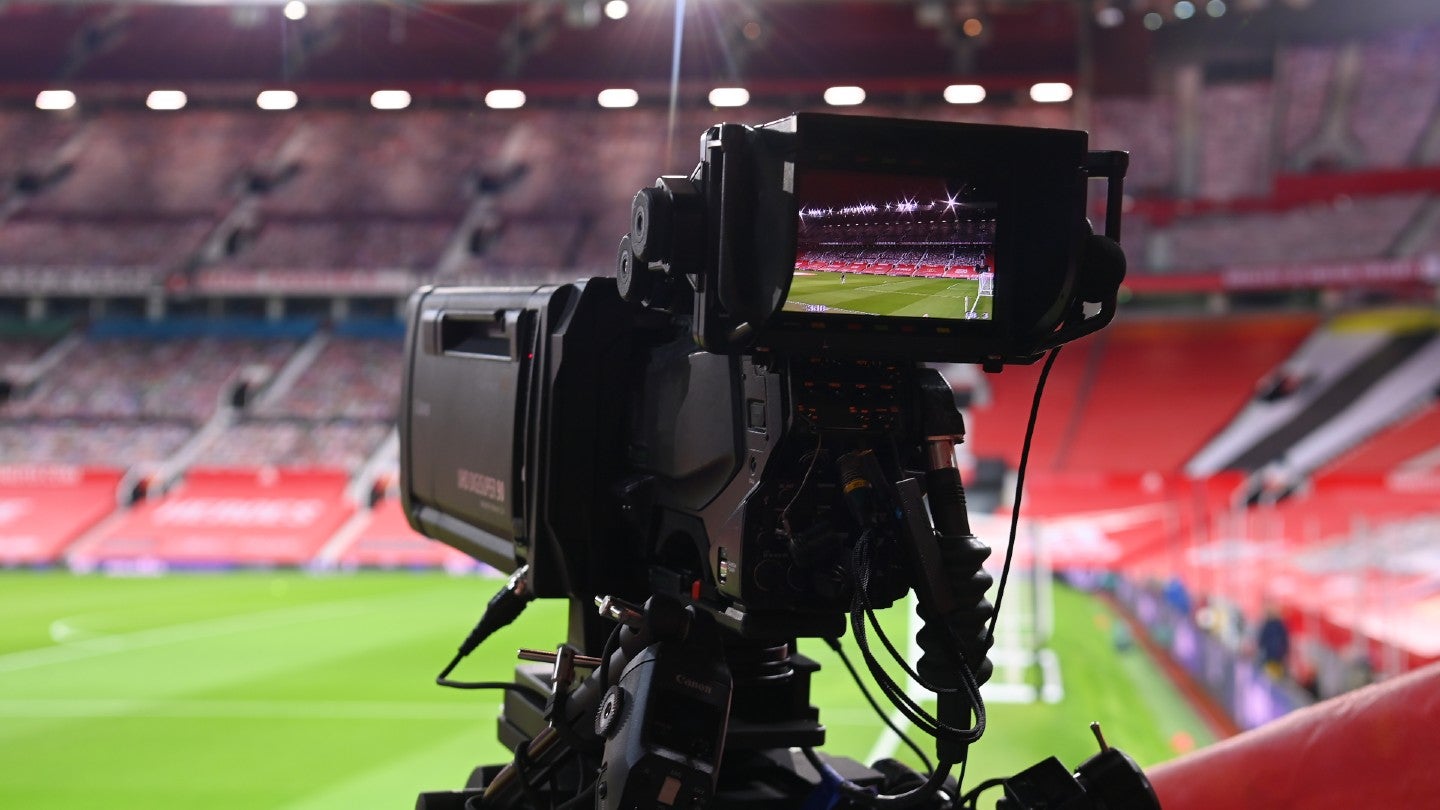
The UK’s 3pm TV Blackout Rule Be Scrapped
The UK television market jealously guards its sports rights and access to them, with the ‘Crown Jewels’ of sports broadcasting, more soberly known as the Ofcom Code on Sports and Other Listed & Designated Events, designed to protect the availability of coverage of major sporting occasions on free-to-air terrestrial television.
While this rule ensures that certain key events such as the FA Cup final, the Olympics, and World Cup must be available to all, another rule exists to ensure that the airwaves are not saturated with soccer and that fans still have a reason to go to matches.
The 3pm blackout rule exists to protect and ensure in-person attendance continues for the most popular sport in the UK.
The controversial rule prohibits any soccer from being televised in England between 14:45 and 17:15 on Saturdays, in compliance with article 48 of the UEFA statutes, allowing UEFA nations to block coverage at certain times, although the UK is the only country to prohibit the broadcast of 3pm Saturday kick-offs.
This even extends to games in foreign leagues with games that kick off at 5pm not shown until 5:15pm in the UK.
The 3pm blackout predates the inception of the Premier League and was pioneered in the 1960s by Burnley FC chairman Bob Lord, who was skeptical of televising soccer altogether. As a result, a mere 200 of the total 380 matches in a Premier League season are televised in the UK.
Many believe this rule to be a relic of the past that impacts viewer experiences and contributes directly to the illegal streaming of matches. English soccer fans pay a premium for Premier League matches, with the cost of subscriptions required to watch all matches broadcast in England now priced at more than £1000 per season, per fan.
Fans living abroad pay a fraction of this and gain access to more televised matches.
Premier League chief executive Richard Masters recently ruled out removing the blackout rule, stating he could not see it changing “in the near term.” The Premier League believes that broadcasting fewer games leads to more demand, increasing the value of its product and allowing it to sell domestic rights at higher prices, with the current UK broadcast deal generating over $5 billion per season.
The intention of the blackout rule, when it was created, was to protect attendances at matches throughout the soccer pyramid, particularly those in lower leagues more reliant on match-going fans than television revenue for their income.
The argument against removing the blackout is that by allowing matches to be broadcast in the traditional kick-off slot on a Saturday will result in lower attendances.
While ensuring the health of the lower leagues in English soccer is vital, it is unclear that removing the blackout rule would result in lower attendances. Insufficient research proving the efficacy of the rule in its intended aim has been conducted.
Leagues in France, Germany, Italy, and Spain have no such limits on their coverage and attendances remain strong. Many Premier League fans are more likely to illegally stream matches if live television coverage is unavailable instead of going to see their local team play.
Conversely, many match-going fans of lower league teams are committed and will continue to attend regardless of whether Premier League matches are broadcast simultaneously.
Almost doubling the number of matches televised domestically in a Premier League season would almost certainly dramatically increase broadcasting revenues. The English top-flight has pledged £1.6 billion to support the wider game in England between 2022 and 2025 and more than 3000 lower league teams have benefitted from Premier League stadium funds over the last 20 years.
It is evident that the rest of the English soccer pyramid is reliant on its flagship competition for funding and support. If the Premier League is made wealthier, this funding and support can be further increased.
There is also a demand for further coverage of EFL matches lower down the pyramid, as shown by the EFL’s new broadcast deal with Sky Sports from the 2024-25 season, raising the number of live matches from 243 to 1059.
This new deal preserves the Saturday blackout rule. The EFL does not predict that this increase in coverage will affect attendances, stating that “nothing beats the live matchday experience.”
However, it is possible that this will result in more matches being moved away from the Saturday afternoon slot to be televised, instead taking place on weekdays or in the evenings.
This would make attending matches much more difficult for fans. While this demonstrates that coverage can be improved without eliminating the 3pm blackout rule altogether, it also could result in lower attendances due to matches being moved to inconvenient times to preserve the rule.
Fundamentally, live, and televised soccer are different products that provide different experiences. Their audiences are not one and the same. The EFL has stated that “it is clear that supporters want more broadcast content.”
Fulfilling this demand would provide an increase in income that could offset any potential loss in matchday attendance revenue that may occur. However, it is far from guaranteed that scrapping the 3pm blackout rule would seriously harm matchday attendances.



